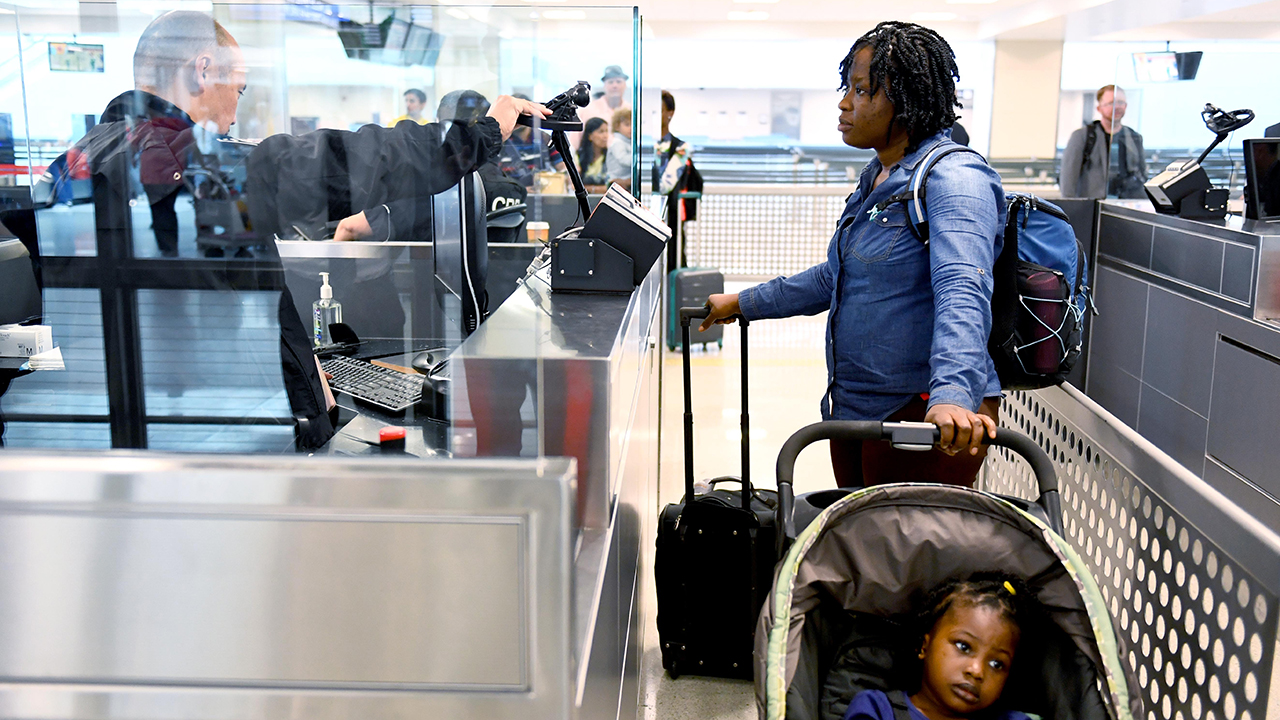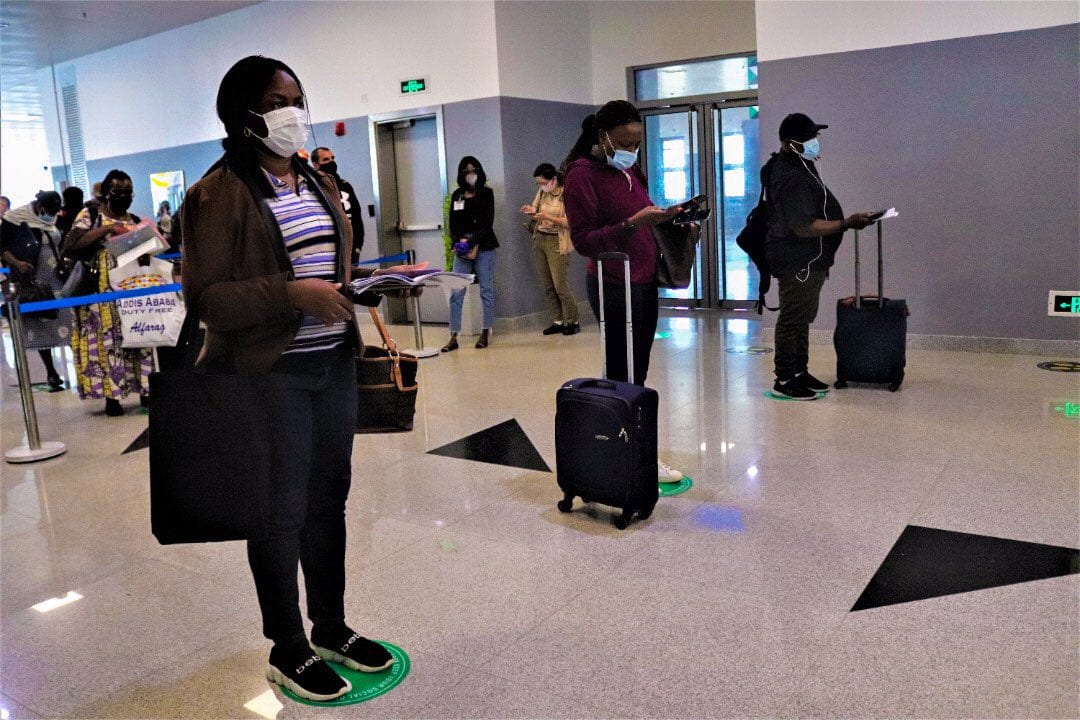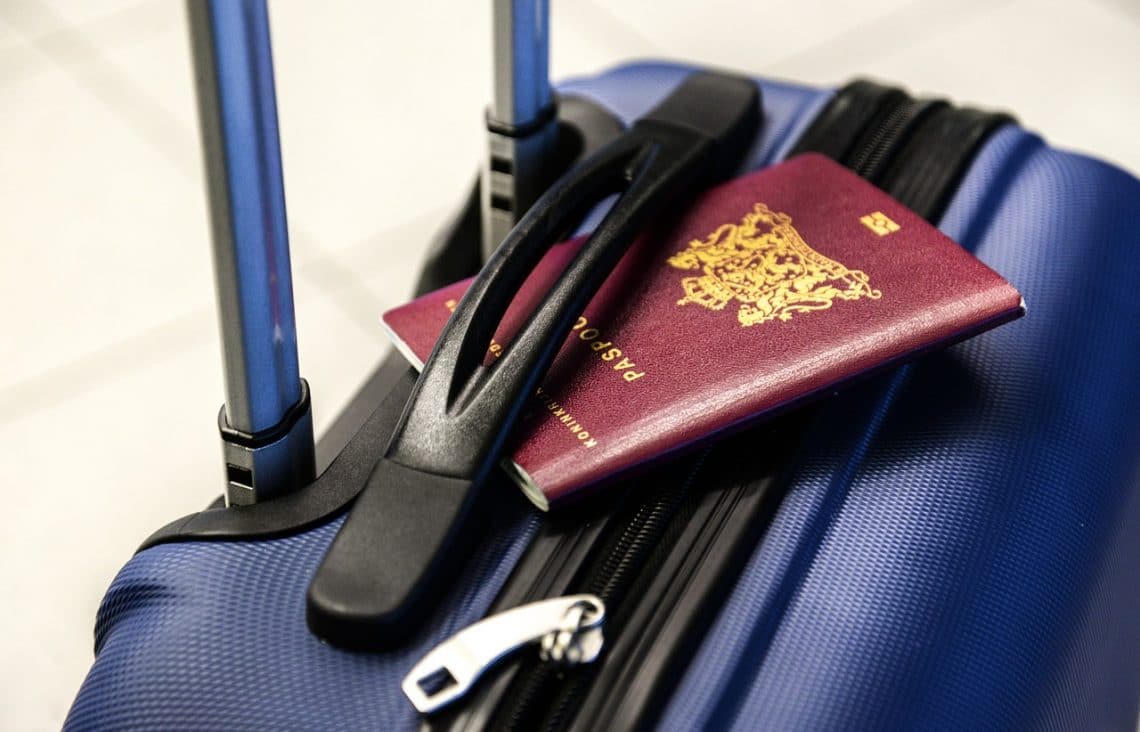There’s a growing influx of people migrating to Canada, known as Japa in Nigeria. But, determining the best way to migrate or japa can be challenging. This is especially true for Nigerians, as the process of immigrating can be complex. Here, we will discuss 20 ways to move to Canada from Nigeria.
Canada is a land of opportunity and one of the most desirable countries for Nigerian Citizens. According to data from CIC News and Prime International’s Migrant Access Index 2018, out of 172 countries surveyed, Canada ranked first in overall migration readiness, with a score of 92.8%. In 2021, over 15,000 Nigerians were granted permanent residency in Canada.
In 2024 alone, the Canadian government’s target is to admit 110,000 permanent residents through Express Entry, not including other immigration streams to this figure.
The point we are trying to establish is that Canada is ready to accept you if you follow the best immigration pathway suited for you and your family. You don’t need a sponsor or special visa to relocate to Canada; you only need bravery and determination!

Keep reading as we show you top immigration programs, processing times, proof of funds requirements, and how to apply for relocating to Canada as a Nigerian, whether as a student, worker, or family.
Table of Contents
20 Proven Ways to Move to Canada from Nigeria
Indeed, Nigerians can use several different immigration programs developed by the Canadian government or its immigration department known as Immigration, Refugees, and Citizenship Canada (IRCC) for their Canada relocation. In fact, Canada manages over 100 immigration programs that allow people to move to the country.
Some of these programs have been extremely successful in helping people realize their dreams, while others have been less successful. For the benefit of our Nigerian audience, we have provided a list of 20 immigration routes below. Furthermore, we have thoroughly explained the top five immigration programs.
- Federal Skilled Worker Program
- Canadian Experience Class
- Federal Skilled Trades Program
- Provincial Nominee Program (PNP)
- Quebec Skilled Worker Program
- Study Permits
- Family Sponsorship
- Start-Up Visa Program
- Entrepreneur Program
- Self-Employed Persons Program
- Atlantic Immigration Pilot
- Agri-Food Pilot program
- Rural and Northern Immigration Pilot
- Caregiver Program
- Live-in Caregiver Program
- Home Child Care Provider Pilot
- Home Support Worker Pilot
- International Experience Canada
- Temporary Foreign Worker Program
- Refugee and Humanitarian Resettlement Program

Top 5 Canadian Immigration Programs for Nigerian Citizens
As promised, we have highlighted the 20 best ways to move to Canada from Nigeria. Now, let’s consider the top most successful immigration routes.
#1. Federal Skilled Worker Program (FSWP)
The Federal Skilled Worker Program (FSWP) is one of three immigration programs through Canada’s Express Entry system. The program is one of the brilliant initiatives launched by the Canadian government. It enables applicants with work experience without ties to Canada to apply for permanent residency.
The Federal Skilled Workers Program is an excellent way to Japa (immigrate) to Canada if you are a skilled worker in Nigeria who can contribute to the Canadian economy. Skilled work experience means you’ve worked as a doctor, nurse, architect, dentist, administrator, engineer, pharmacist, etc.
To be eligible for this program, you must have at least one year of skilled work experience completed within the previous 10 years in a National Occupational Classification (NOC) level 0, A, or B occupation. In addition, you must also meet the language requirements in English or French and have sufficient funds to support yourself and your family in Canada.
The Federal Skilled Worker Program evaluates applications based on age, education, work experience, language proficiency, and other factors. If you score at least 67 points out of a possible 100, you will be eligible to apply for permanent residency in Canada, provided you meet all other requirements.
#2. Federal Skilled Trades Programs (FSTP)
Aside from the FSWP, if you’re wondering how to apply to immigrate to Canada via Express Entry from Nigeria, you’ll be relieved to find that this is yet another pathway to Canadian permanent residency.
Unlike the FSWP, which is for skilled workers with a university degree, the Federal Skilled Trades program has no educational requirements. It is thus an excellent option for Nigerians seeking to immigrate to Canada without a formal degree.
It is no secret that many skilled workers in Nigeria have not had the opportunity to further their education. This class of Nigerians can still legally immigrate from Nigeria to Canada under this arrangement. So, if you are a chef, butcher, baker, contractor, carpenter, welder, etc., you can move to Canada from Nigeria under the express entry program.
To be eligible for this program, you must have at least two years of full-time work experience in a skilled trade in the past five years. You must also meet the language requirements in English or French and have a job offer. Also, note that this experience must have occurred within the past 5 years, and it only considers work experience earned after you have been awarded certification for performing the trade in Nigeria. And, while education is not required for FSTP, having a secondary or post-secondary certificate does improve your chances of obtaining Canadian permanent residence.
#3. Provincial Nominee Program (PNP)
Another amazing option is the Provincial Nominee Program (PNP). Several Nigerians have gained Canadian permanent residency thanks to the provincial nominee program. It’s yet another brilliant way for Nigerians to move to Canada.
Each province and territory in Canada has its own PNP with its own eligibility criteria and selection process. But this program is linked with Express Entry. In other words, you can use the Provincial Nomination Program to submit an Express Entry application.
As provinces tailor their programs to their economic needs, receiving a provincial nomination signifies that the province recognizes you as a valuable resource. If you want to increase your chances of getting an Invitation to Apply (ITA) by some 50%, use the Provincial Nomination Program. But remember that the applications are processed through Express Entry, and candidates are ranked based on CRS scores.
#4. Study Permits
Nigerian students have been using this route as one of the ways to move to Canada permanently. Study permits allow you to study at a Canadian educational institution for a period of time. After completing your studies in Canada, you may be eligible for a post-graduation work permit, which allows you to work in Canada for up to three years after graduation.
To be eligible for a study permit, you must have been accepted by a Canadian educational institution and have sufficient funds to pay your tuition fees and living expenses in Canada. You must also meet the language requirements in English or French and have a clean criminal record. Read more about the requirements to study in Canada from Nigeria right here.
#5. Family Sponsorship
Migrating to Canada from Nigeria may be easier than you think if you have family there. This is because the Canadian government values family reunions. As a result, there are systems in place enabling permanent residents in Canada to sponsor family members in Nigeria to move to the Great White North.
The family members who can be sponsored include spouses, common-law partners, dependent children, parents, and grandparents.
To be eligible for family sponsorship, the sponsor must meet certain requirements, such as being at least 18 years old and able to financially support the sponsored family member. The sponsored family member must also meet certain requirements, such as passing medical and criminal background checks.
How to Apply to move to Canada from Nigeria
To apply to move to Canada from Nigeria, you must first fill out an online application and submit it to Immigration, Refugees, and Citizenship Canada (IRCC).
Furthermore, you will be requested to provide some documents, including verification of your identity, education, and work experience, and any other necessary documents required by the immigration program for which you are applying. Before your application can be granted, you may be required to pass a medical examination and security checks.
Processing time for moving to Canada from Nigeria
The processing time for moving to Canada from Nigeria can vary depending on the type of visa or immigration program you are applying for. Here are some estimates:
- Express Entry: If you are applying through the Express Entry system, the processing time for the Federal Skilled Worker program is typically 6 to 12 months.
- Provincial Nominee Program (PNP): The processing time for the Provincial Nominee Program can vary depending on the province you are applying to. It can take anywhere from a few months to a year or more.
- Study Permit: The processing time for a study permit application is usually around 2 to 3 months.
- Work Permit: The processing time for a work permit application can also vary depending on the work permit you are applying for. Generally, it can take anywhere from 2 to 6 months.
It’s important to note that these processing times are only estimates and can change based on various factors, such as the number of applications received, the completeness of your application, and whether additional documentation or information is required. It’s always a good idea to carefully review the processing time for the immigration program you’re interested in to understand better when you can move to Canada.
Proof of Fund Requirements to Move to Canada from Nigeria
Proof of funds (POF) is essential to determine whether you obtain Canadian permanent residency. If you plan to move to Canada from Nigeria, you must provide proof of funds to the Canadian government. The proof of funds requirement is intended to ensure that you have enough money to support yourself and any dependents who are immigrating with you to Canada. You may check out the cost of relocating to Canada from Nigeria with your family here.
The amount of funds you need to demonstrate varies depending on the size of your family. As of 2021, the following amounts are required for proof of funds:
- One person: CAD $13,213 (₦7,108,594)
- Two people: CAD $16,449 (₦8,849,562)
- Three people: CAD $20,222 (₦10,879,436)
- Four people: CAD $24,553 (₦13,209,514)
- Five people: CAD $27,847 (₦14,981,686)
- Six people: CAD $31,407 (₦16,896,966)
- Seven people: CAD $34,967 (₦18,812,246)
- Each additional person: CAD $3,560 (₦1,915,280)
These funds must be in your possession and not borrowed from someone else. You can show proof of your funds with any of the following:
- Bank statements for the past six months
- An official letter from your bank indicating your account balance
It’s important to note that the proof of funds requirement is just one of many requirements for immigration to Canada. You must also meet other eligibility criteria, such as language proficiency, education, and work experience, and have a clean criminal record.
Wrapping Up!
If you are a Nigerian and read this post to the end, then it means that you most probably want to Japa. Nigerians want to relocate to Canada for a better life now more than ever. To give you hope, many thousands of Nigerians legitimately immigrate to Canada each year through various programs.
It’s essential to check over the programs listed above and decide which one is ideal for you. You can then utilize it to follow your aspirations and hopefully start a new life in Canada.









